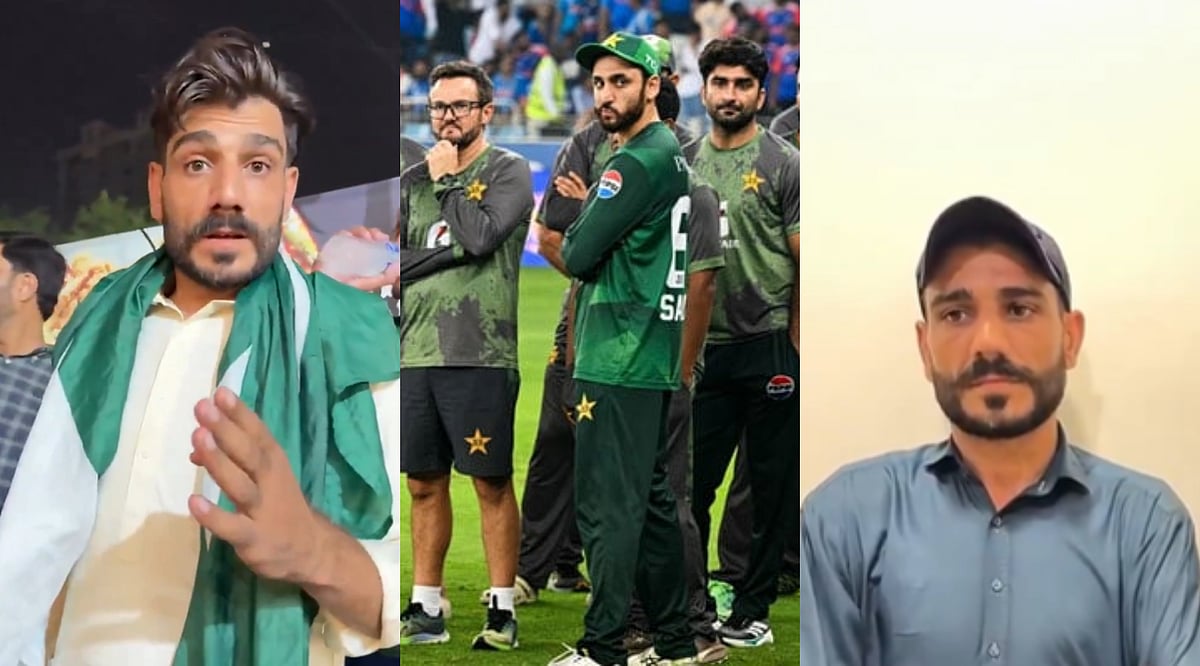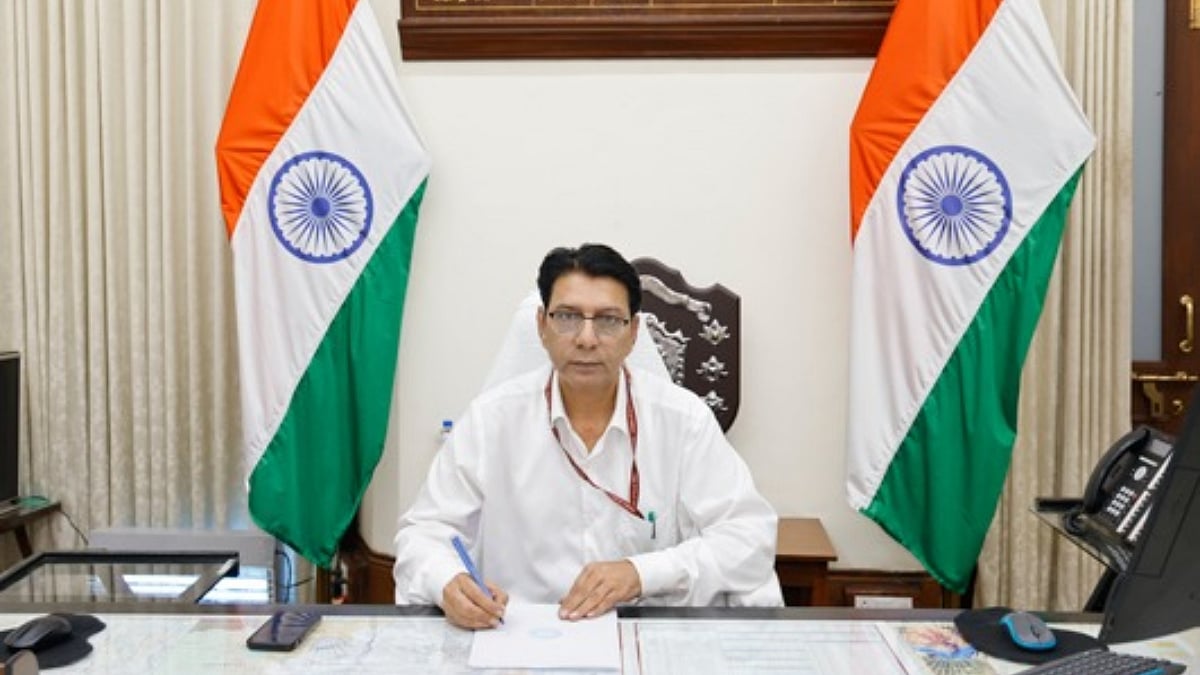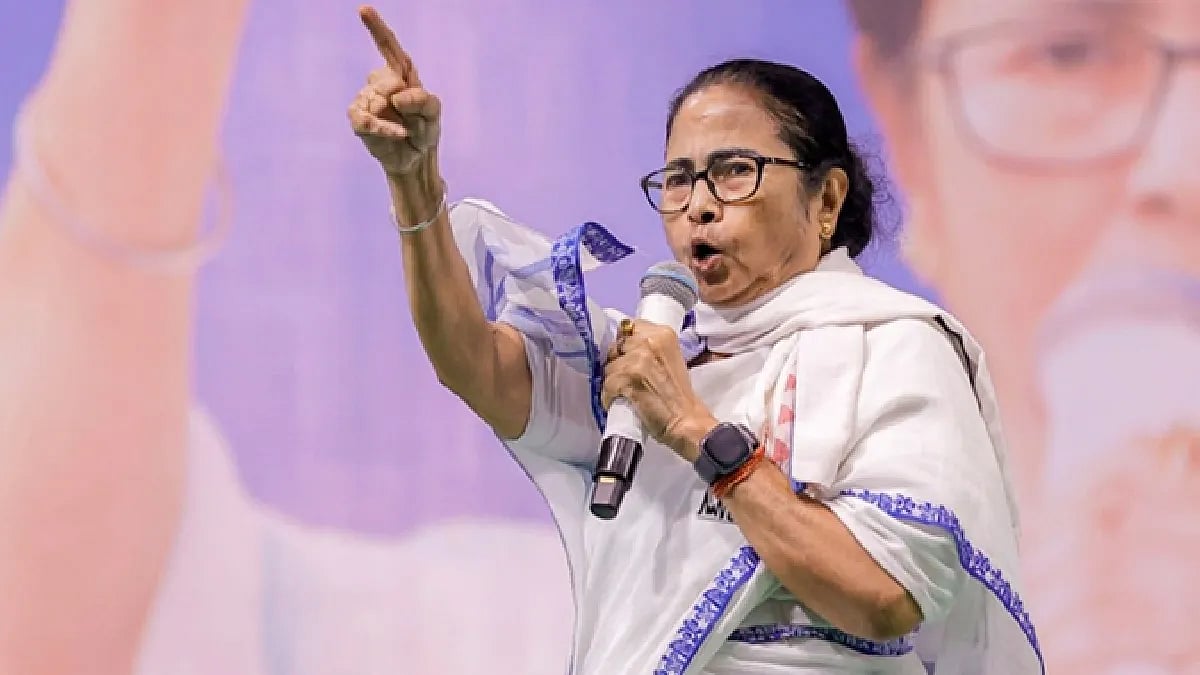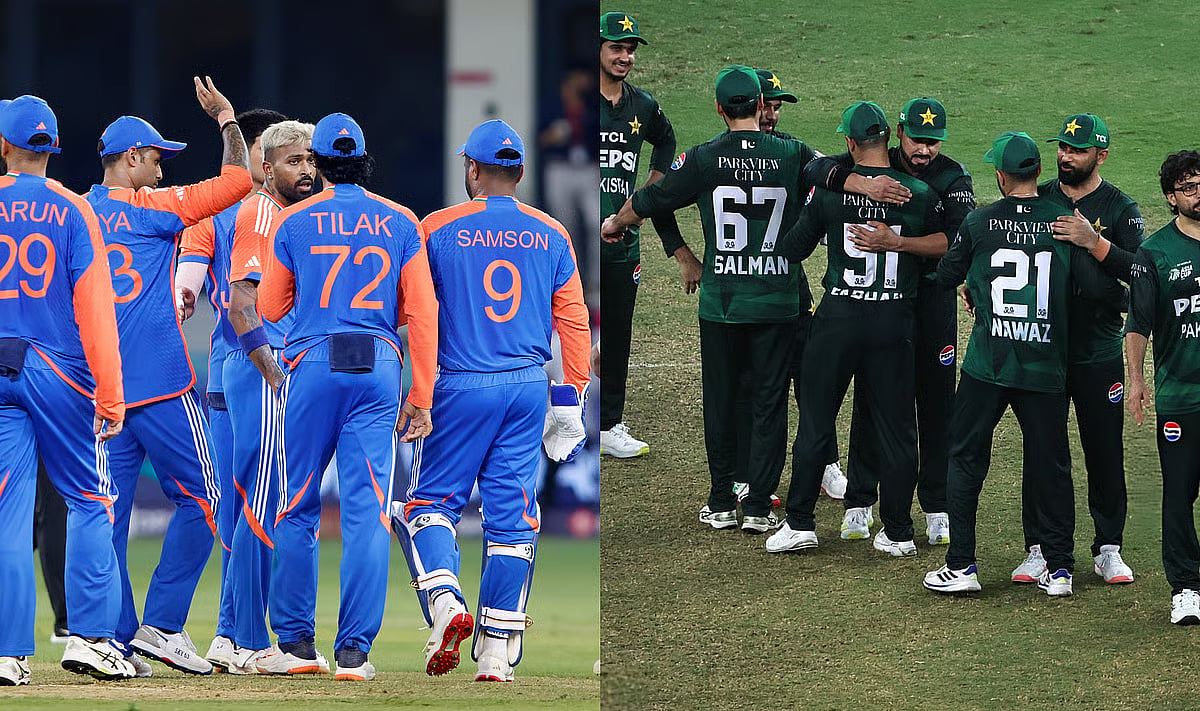The outpouring of tributes following the passing of English umpire Harold Dennis Bird, known to one and all as Dickie, aged 92, in his beloved Barnsley in Yorkshire, where he was born in 1933, is a true measure of the affection and regard in which he was held by both cricketers and the larger cricket fraternity worldwide. Everyone has a favourite Dickie story, even those who never met him, and this is reflected in some of the obituaries that have appeared in Wednesday morning’s dailies.
Bird, who played nearly 100 matches for Yorkshire as a batsman, with the highest score of 181 not out, realised he did not have the temperament to succeed as a professional largely due to his nervous disposition, thus switching to umpiring. Even as an umpire, he was a bundle of nerves before a match and fidgety throughout.
It was this eccentric nature of his which he brilliantly parlayed into building up an image of himself that not only endeared him to one and all but also made him a very rich man after his retirement, both as a best-selling author of numerous books as well as a speaker on the lucrative after-dinner circuit.
Bird spun out tales, with each telling having more and more layers added to them. Half these were myths; the rest, merely apocryphal. But they were generally harmless and kept his audience amused and engaged. Indeed, his 1997 autobiography remains one of the biggest-selling cricket books of all time.
But behind that quirky image lay a professional of impeccable credentials, who was much loved by the players he umpired for being scrupulously fair in his decisions. Further, with his background as a player, Bird understood the psyche of those he umpired and was able to keep them in good spirits while at the same time maintaining a tight leash on any on-field antics.
Bird’s 66th and final Test match was the second at Lord’s between England and India in June 1996. The affectionate send-off he received from both teams and the crowd brought him to tears, something he was prone to throughout his career beginning in 1973.
Bird also stood as an umpire in three Prudential World Cup finals in 1975, 1979 and 1983, all at Lord’s, but could not make it four in a row at the 1987 final of the Reliance World Cup at Kolkata, as England were facing Australia.
The 1979 final also saw England take on the West Indies. But by the 1980s neutral umpires were the norm, much to Bird’s angst. In his stand, also opposing technology in umpiring, Bird was the last of a generation who believed the umpire’s word should always be final, an anachronism in today’s tech-driven world. Bird was a lifelong bachelor, married, as he used to say, to cricket, which was richer by his presence.










